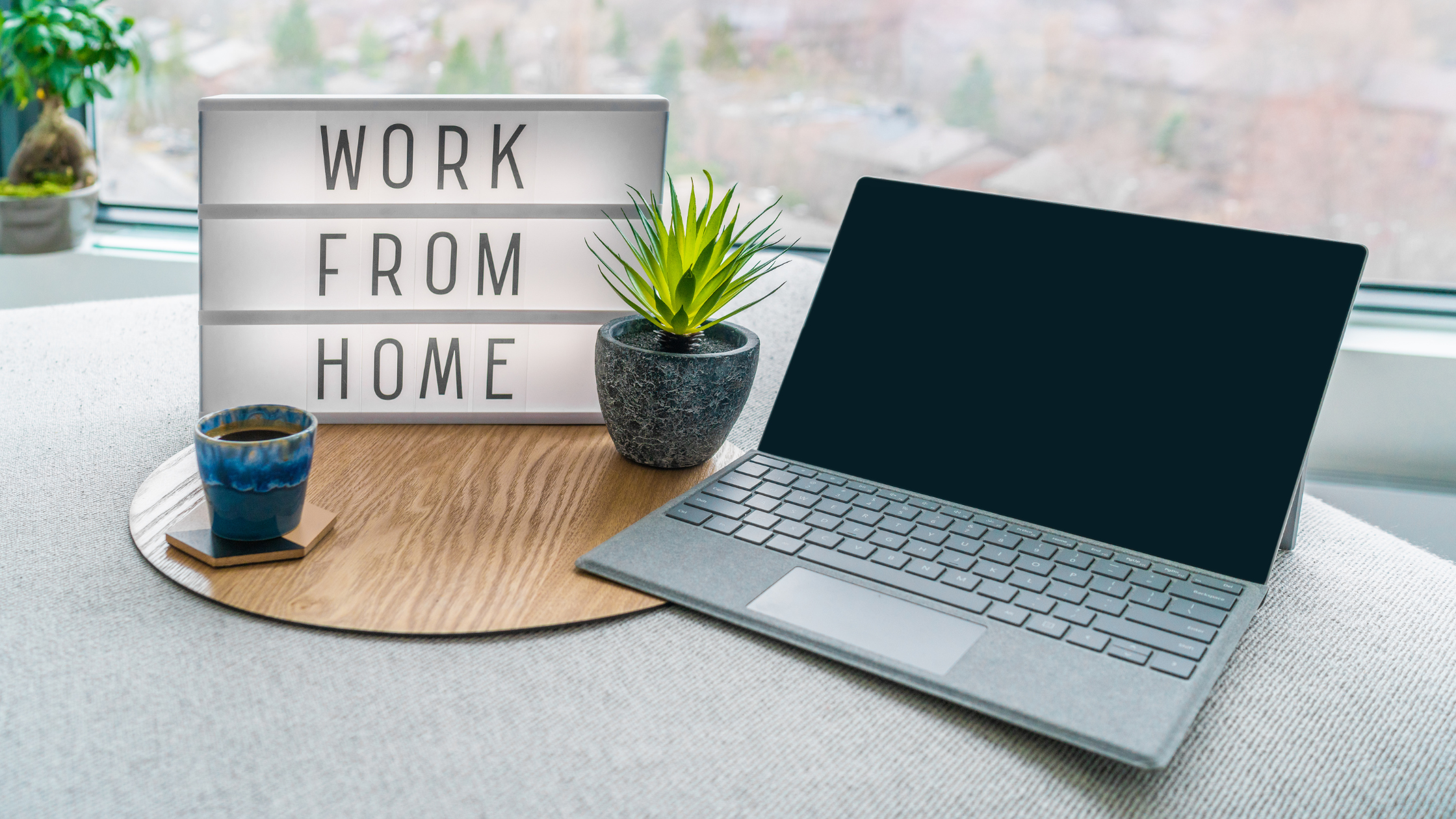How do you manage your mental health working from home
The pandemic has forced many of us to work from home, which can be both good and bad for our mental health. On the one hand, we have more control over our environment and can create a space conducive to concentration and productivity. On the other hand, being separated from colleagues can lead to loneliness and isolation. Finding a balance that works for you and taking active steps to protect your mental health is essential.
In this article, we will discuss some ways you can manage your mental health while working from home. We hope that you will find strategies that work best for you and help to maintain your mental well-being
Managing mental health while working from home

Working from home can be a great way to manage your mental health. It can allow you to take breaks when needed, set your hours and avoid a stressful commute. However, working from home can also be isolating and overwhelming. Here are a few tips to help you manage your mental health while working from home:
- Make time for yourself: Set aside time each day for yourself, even if it’s just a few minutes. This time can be used for anything you want, whether reading, walking or taking a break from work.
- Stay connected: Working from home can be isolating, so stay connected with friends and family. Set up regular video chats or coffee dates, and make an effort to socialize in person when possible.
- Set boundaries: It can be difficult to disconnect from work when you’re at home, so it’s essential to set boundaries. Set work hours, stick to them, and take daily breaks. When you’re not working, don’t think about work!
- Get help if you need it: If you’re struggling to manage your mental health, don’t hesitate to reach out for help. Talk to your doctor or a therapist and consider joining a support group. You don’t have to go through this alone.
Simple tips for working from home – Every Mind Matters
Working from home can be a great way to balance work and family life. However, staying focused and productive can also be challenging when there are so many distractions at home. Here are seven simple tips that can help workers make the most of working from home:
- Get dressed for work: It can help create a sense of professionalism and prompt workers to focus on their daily tasks.
- Schedule breaks: Workers should take breaks throughout the day to stay refreshed and productive. Breaks can be used for exercise, reading or simply taking a few minutes to relax.
- Set realistic goals: To avoid becoming overwhelmed, workers should set realistic goals daily and weekly.
- Stay connected: Workers should stay connected with their colleagues through phone calls, video conferencing or other means of communication.
- Take advantage of flexible hours: Workers should take advantage of flexible hours to accommodate family commitments or other obligations.
- Be sure to disconnect: Workers should disconnect from work at the end of the day to avoid burnout. Workers can make the most of working from home by following these simple tips.
Working from home: A checklist to support your mental health
Working from home can be a great way to improve your mental health. You can create a space that supports your mental health, and you have more control over your environment. You can also take breaks when needed and don’t have to commute. However, working from home can also be challenging, and it’s crucial to maintain a healthy balance.

Be sure to set boundaries
When setting boundaries, you must consider what you want and need to maintain a healthy balance. For instance, if you’re finding that you’re constantly being pulled in different directions by your family, friends or co-workers, it might be time to set some limits. That might mean saying no to social engagements or requests for help at the office. It also means setting aside time each week for yourself, even if it’s just an hour or two.
If you’re feeling overwhelmed or stressed, it’s okay to ask for help from a mental health professional. Remember, setting boundaries is about taking care of yourself first and foremost. By doing so, you’ll be better able to care for others.
Make a dedicated workspace

Whether you’re working from home or need a quiet place to study, it’s important to have a dedicated workspace. A dedicated workspace can help you stay focused and organized and can be a great way to boost your productivity. If you have limited space, you can create a dedicated workspace by setting up a desk in a quiet corner of your room. Make sure to declutter your desk regularly to stay organized and functional. Consider adding decor to your workspace to make it more inviting and inspiring. Plants, photos and art prints are great ways to personalize your space. Creating a dedicated workspace is a simple way to improve your focus and boost your productivity.
Set and stick to a routine

When a schedule is broken between work and personal life, it can become difficult and frustrating, if not impossible, to balance life properly. Keep up with your usual work and sleep routine, as much as possible. Make a schedule for daily exercise and various tasks. Ultimately, when a day of work ends, shut off your computer and enjoy personal time.
Give yourself a break

We all need a break from time to time. Whether we’re dealing with stress at work, caring for a family or managing our health, it’s important to take a break and recharge. Unfortunately, we often feel guilty about taking time for ourselves. We may worry that we’re lazy or that others will judge us for taking a break. However, it’s crucial to remember that taking a break is essential for our health and well-being. Not only can it help to reduce anxiety and improve focus, but it can also give us a chance to enjoy some fresh air and get some exercise. So the next time you’re feeling overwhelmed, give yourself a break—you deserve it!
Common Negative Effects from Working Remotely
Working remotely has become increasingly popular recently, but it has its challenges. One of the most common complaints from remote workers is anxiety and isolation. When you’re used to working side-by-side with colleagues, it can be tough to adjust to being alone for long periods. Additionally, it can be challenging to stick to a regular work schedule when you don’t have set office hours. And if you have children at home, finding time to focus on your work can be even more challenging. While remote work does have its downsides, there are also many benefits.


